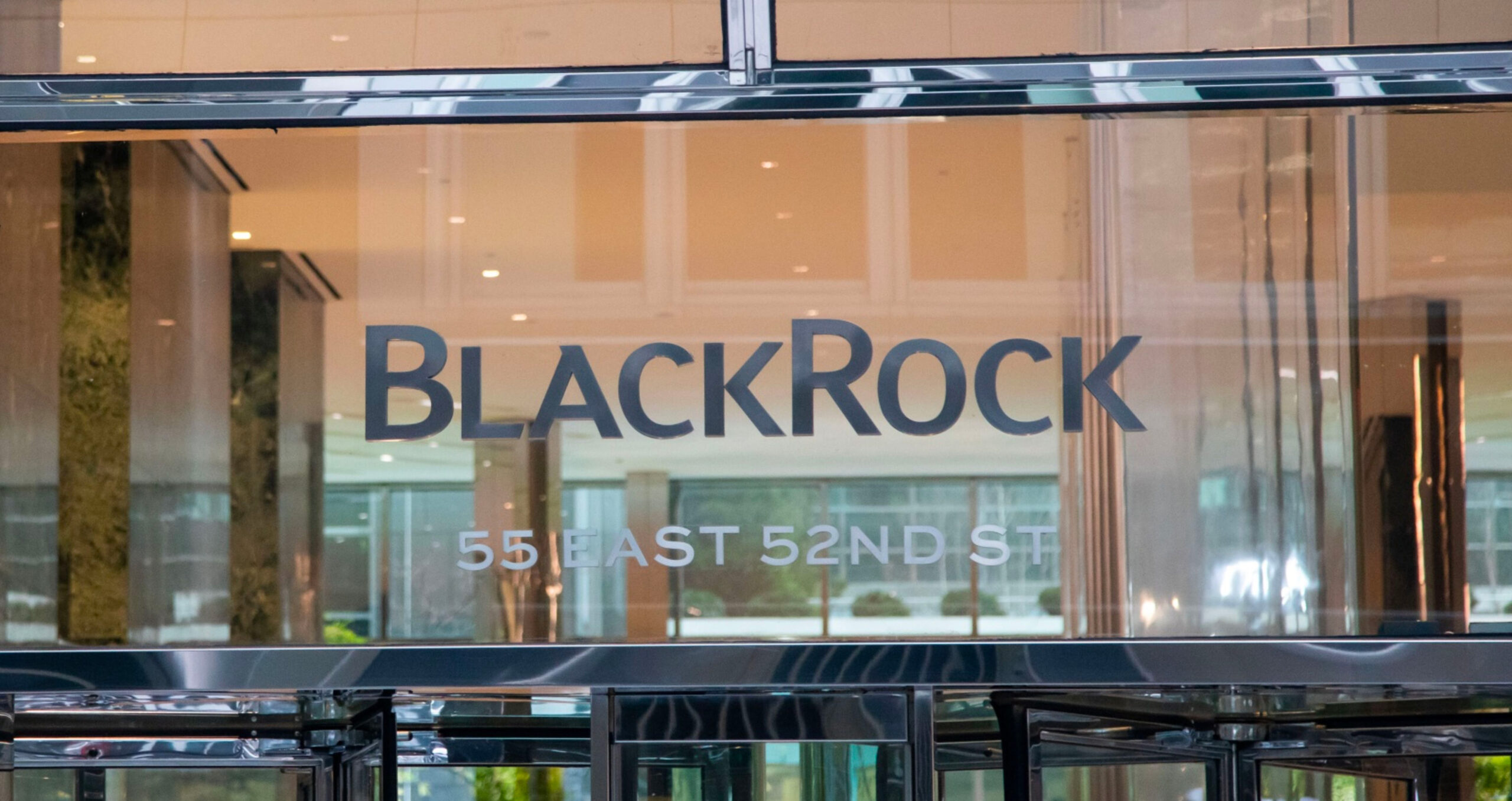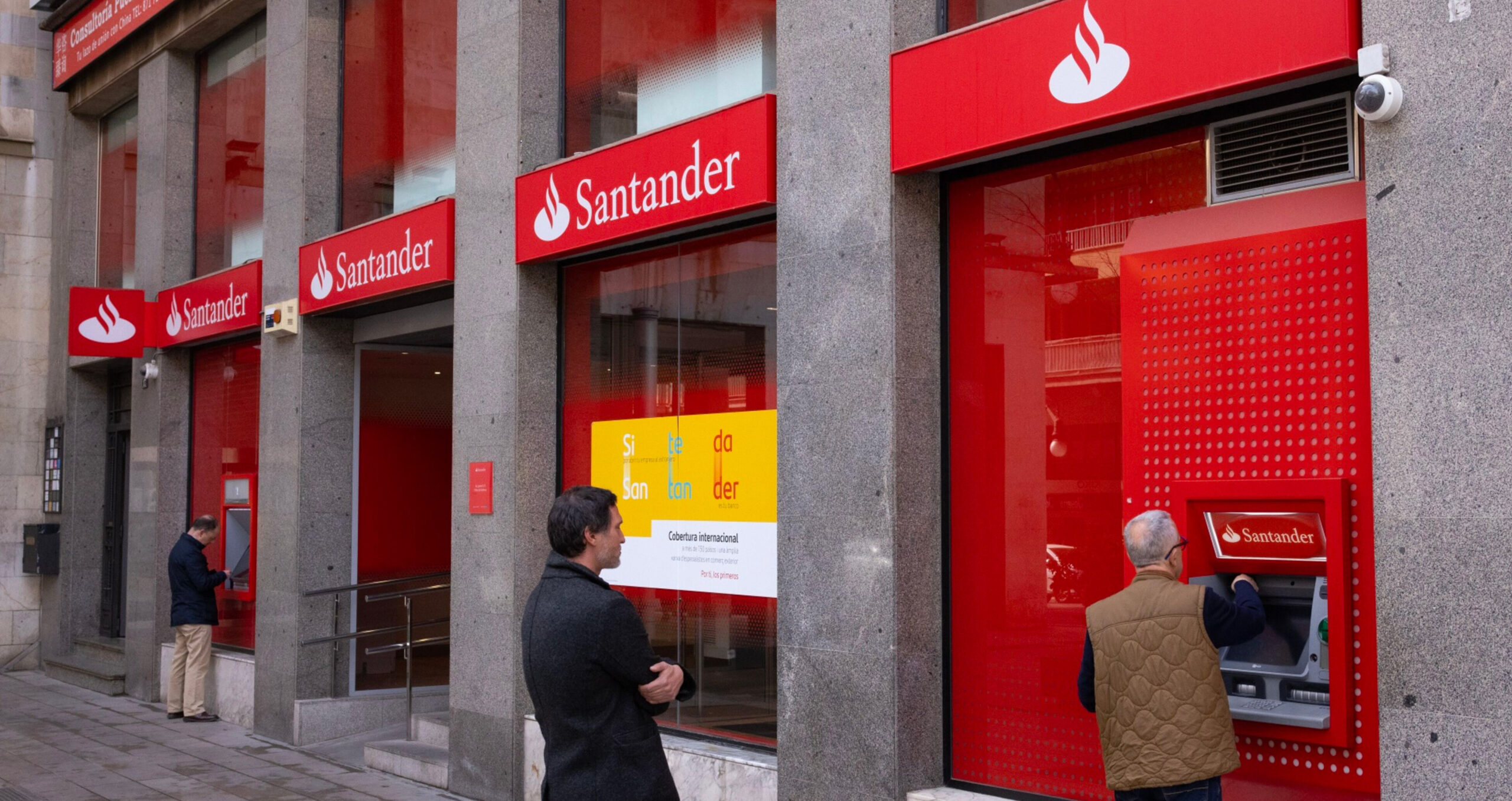
World’s biggest asset managers accused of blocking ESG shareholder proposals

Non-profit ShareAction says lack of support by BlackRock and other major firms has stymied investors’ environmental and social ambitions.
The world’s largest asset managers have been accused of obstructing shareholder votes on environmental, social and governance issues. Campaigner ShareAction says 49 of 252 resolutions targeting ESG last year in its dataset would have had majority support if three of the largest asset managers – BlackRock, Vanguard and State Street Global Advisors – had backed them.
Along with Fidelity Investments – which which makes up the top four – these firms supported fewer ESG shareholder proposals last year than in 2021, ShareAction said.
This was despite votes in favour of ESG resolutions growing to 66 per cent in 2022 from 60 per cent the previous year. The trend was driven by managers in Europe, while support in the US and UK remaining comparatively static.
ShareAction’s findings were ill received by one asset manager, which did not wish to be named and described the methodology behind the research as “fundamentally flawed”. Others pointed out a rise in the number of ESG resolutions, and added that these have become more prescriptive than in previous years.
Diverging from proxies
ShareAction assessed the voting performance of 68 of the world’s biggest asset managers in 2022 and ranked them on the proportion of ESG resolutions that they backed. Achmea Investment Management and Impax Asset Management Group came joint top, having supported every proposal.
ShareAction focused on the voting patterns of BlackRock, State Street Global Advisors, Vanguard and Fidelity Investments. Besides the drop in their support for ESG shareholder proposals, it also said they voted more conservatively than their proxy voting advisors.
All four managers use either or both Institutional Shareholder Services and Glass Lewis, which recommended managers support 75 per cent and 42 per cent of the resolutions in ShareAction’s dataset respectively.
ShareAction said that of the 49 resolutions that failed without the backing of BlackRock, Vanguard and State Street Global Advisors, six would have encouraged energy companies, including Chevron and Valero, to set Paris-aligned targets for greenhouse gas emission.
Their support would also have led to successful resolutions to provide paid sick leave for all 270,000 employees around the world at TJX department stores, ShareAction said.
Fifteen of the 49 resolutions would have received majority support with the backing of just one of these three managers.
“Most of the world’s largest asset managers are not consistently using their voting rights to address the multiple environmental and social crises the world is facing,” said ShareAction head of financial sector research Claudia Gray.
“Asset managers must strengthen their voting policies, ideally through a commitment to ‘comply or explain’ – meaning default support for resolutions with positive environmental and social impacts, and issuing a public explanation when votes are not cast in favour,” she added.
Political considerations
The outcomes of successful shareholder resolutions vary depending on where they take place. In the US, they are merely advisory.
The asset manager that did not wish to be named said ranking shareholders by the proportion of ESG resolutions that they had backed was flawed, observing that some proposals “can go too far”.
“Not all shareholder proposals warrant support. Consistency is incredibly important and I don’t think 100 per cent is a good thing. In fact, it actually destroys the dialogue. This type of approach is not constructive, it’s destructive,” the asset manager said.
It also suggested it would have lost its licence to operate in the US, had it backed 100 per cent of shareholder proposals in the face of mounting political opposition to ESG in some states. Texas and Florida, for example, have made moves against ESG investment, with Florida’s state fund managers having been ordered by governor Ron DeSantis to make “sound investments on returns, not woke ideology”.
Managers featured in the report noted a change to the nature of shareholder resolutions over the most recent proxy season. In its report on the 2021-21 proxy voting period, BlackRock acknowledged a 133 per cent increase in the number of environmental and social shareholder proposals, which it said had been enabled by changing guidance from the US Securities and Exchange Commission.
“Many climate-related shareholder proposals sought to dictate the pace of companies’ energy transition plans despite continued consumer demand, with little regard to company financial performance,” the BlackRock report said. “Other proposals failed to recognise that companies had largely already met their ask.”
A BlackRock spokesperson told Sustainable Views: “We observed a marked increase in more prescriptive E&S shareholder proposals, resulting in lower market-wide support. Of the E&S shareholder proposals [BlackRock Investment Stewardship] did not support, the majority were because the company had substantially implemented, or was already making notable progress on, the issue being addressed.”
Meanwhile, a Vanguard spokesperson said: “In 2022, we observed an evolution regarding the nature of certain proposals’ requests for company action particularly on environmental and social matters. Vanguard’s investment stewardship team engaged with company boards on these issues and analysed shareholder proposals on a case-by-case basis.
“After thorough assessment of individual social or environmental-related shareholder proposals, we determined that many were overly prescriptive in dictating company strategy or operations, and/or lacked a clear link to material risks and shareholder value at the company in question.”
Toothless net zero initiatives?
ShareAction also cast a spotlight on the Net Zero Asset Managers initiative and the Climate Action 100+ networks, observing that their members did not support a third of climate resolutions, on average. Sixty-six per cent of NZAM members backed climate resolutions in 2022, compared with 61 per cent of non-members.
Support for climate resolutions among the Climate Action 100+, which seeks to leverage investor influence against the world’s largest corporate greenhouse gas emitters, actually fell last year.
Members of the network supported 67 per cent of resolutions on average, compared with 72 per cent in 2021. Five members, including AllianceBernstein, JP Morgan Asset Management, BlackRock and State Street Global Advisors, repeatedly voted against seven resolutions flagged by the network at energy companies, ShareAction said.
A Climate Action 100+ spokesperson said: “Signatories are independent fiduciaries responsible for their own investment and voting decisions. The initiative never requires collective decision-making regarding voting, nor does the initiative provide investment or voting recommendations.
“Similarly, Climate Action 100+ does not require that investors support specific shareholder resolutions or other votes. Investor signatories vote for shareholder proposals in their individual capacity and not on behalf of the initiative.”
Similar Articles

Banks under pressure to reveal data comparing green and fossil fuel spending

With better planning and investment, EV uptake could offer storage and grid flexibility


